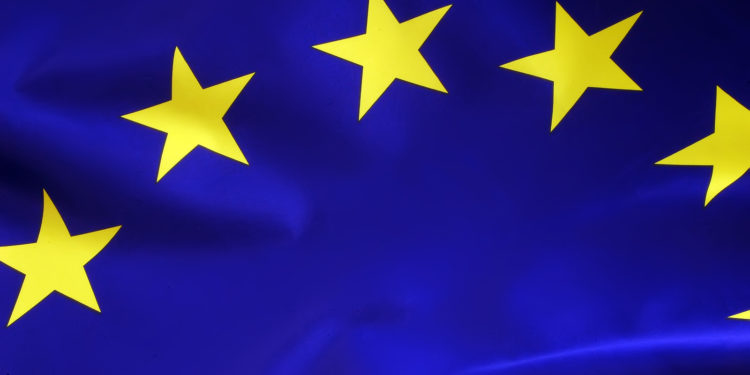Significant new antitrust rules in the European Union that could force Apple and other companies to make sweeping changes are now expected to come into force in early 2023.
The EU had previously planned to implement the rules in the fall. Despite the delayed schedule, EU antitrust chief Margrethe Vestager said enforcement of the rules against recalcitrant gatekeepers could happen soon, TechCrunch reported reported. These regulations are part of the Digital Markets Act (DMA), a proposal to introduce new rules designed to limit the power of tech giants. In Apple's case, the DMA could force the company to make major changes to the App Store, Siri and other features. As Vestager explained in a speech in Berlin:
The DMA will take effect next spring and we are preparing to enforce it as soon as the first applications come in.
Some of the more significant changes to Apple's business model could include forcing the company to allow users to download apps outside of the App Store (sideloading). More recent additions to the DMA could also require Apple to make iMessage and FaceTime compatible with other communications platforms like WhatsApp.
Digital Markets Act: EU continues to put pressure on Apple and Co.
Before today, it was not clear when exactly enforcement would come into force following the proposal's adoption. Some estimates suggested it could take months for the EU to enforce its new rules. However, Vestager made it clear that the EU is preparing to enforce the rules soon after the DMA comes into force. Vestager further explained:
This next chapter is exciting. It means a lot of concrete preparations: it's about creating new structures within the Commission, pooling resources based on relevant experience. It's about recruiting staff. It's about preparing the IT systems. It's about drafting further legal texts on procedures or notification forms. Our teams are currently busy with all these preparations and we want to present the new structures very soon.
EU lawmakers provisionally approved the DMA in March. It still needs to be approved by the European Parliament and the European Council before it can come into force. According to the DMA, companies that violate the rules can be fined up to 10% of their annual global turnover. For repeat offenders, the penalty increases to 20%. Apple is increasingly under antitrust scrutiny not only in the EU but also in the US, Japan, South Korea and the Netherlands. (Photo by Sergey-USSR / Bigstockphoto)





